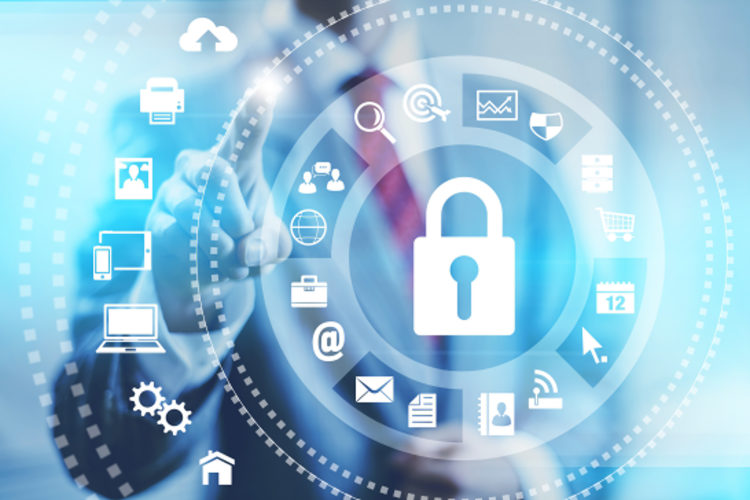
Preparing for the next UN GGE: ICT4Peace at Cybersecurity Workshop in Beijing
ICT4Peace’s Daniel Stauffacher was invited by the Ministry of Foreign Affairs of the People’s Republic of China and the United Nations Office for Disarmament Affairs (UNODA), to moderate a panel at an International Workshop on Cyber Security, in Beijing, China, on 11-12 July 2016. The theme of the two-day long workshop was “ Building norms, rules or principles for cyberspace: promoting an open, secure, stable, accessible and peaceful ICT environment”. The workshop included presentations by countries, UN agencies, NGOs and academics on various topics, and presented an opportunity for senior-level officials and experts to exchange views on matters of pressing concern related to the issue of cyber security. Senior Government officials from Australia, Brazil, Canada, Cuba, Egypt, Estonia, Finland, France, Germany, India, Indonesia, Japan, Malaysia, Netherlands, Pakistan, Korea, Russia, Serbia, South Africa, Switzerland, UK, U.S participated in the meeting.
The topic of Daniel Stauffacher’s panel was “ International cooperation” and included senior officials from the Governments of Japan and China and representatives of the ITU, ICANN and UN DESA. Daniel Stauffacher’s introductory statement can be found here.
The UN General Assembly resolution (70/237) on Developments in the Field of Information and Telecommunications in the Context of International Security, called upon Member States to promote further, at multilateral level, the consideration of existing and potential threats in the field of information security, as well as possible strategies to address the threats emerging in this field, consistent with the need to preserve the free flow of information. A new United Nations Group of Governmental
Experts (GGE) is to be established in August 2016 to continue to study, among other things, norms, rules and principles of responsible behaviour of States in the use of ICTs.
The 2015 UN GGE agreed on a substantive consensus report on norms, rules or principles of the responsible behaviour of States in the cyber-sphere as well as confidence building measures, international cooperation and capacity building which could have wider application to all States. It also addresses how International Law applies to the use of information and communications technologies and also makes recommendations for future work. The 2015 UN GGE Report (A/70/174) can be found here.
Its findings include:
- In their use of ICTs, States must observe, among other principles of
international law, State sovereignty, the settlement of disputes by peaceful means, and non-intervention in the internal affairs of other States. - Existing obligations under international law are applicable to State use of ICTs and States must comply with their obligations to respect and
protect human rights and fundamental freedoms.
States must not use proxies to commit internationally wrongful acts using ICTs, and should seek to ensure that their territory is not used by non-State actors to commit such acts. - The UN should play a leading role in promoting dialogue on the security of ICTs in their use by States, and in developing common understandings on the application of international law and norms, rules and principles for responsible State behaviour.
The Beijing workshop considered how the international community could build upon recent developments and generate momentum for a successful new GGE 2016-2017, making contribution towards building an open and cooperative cyberspace for all countries in the world.
Further Information on the work of ICT4Peace in the field of Rights and Security in the Cyberspace can be found here.
